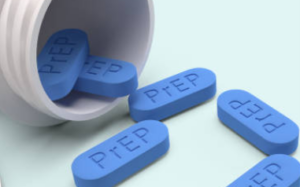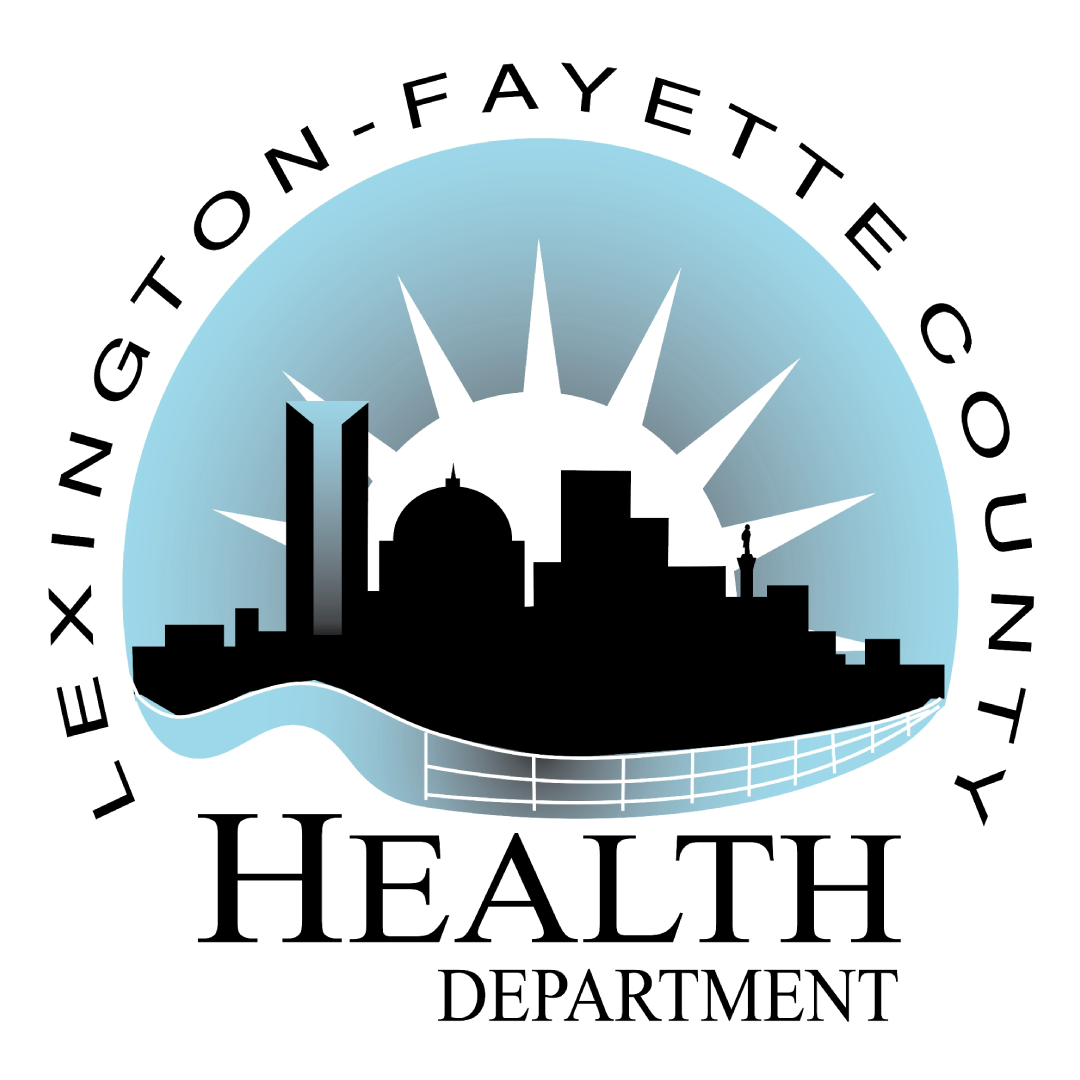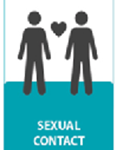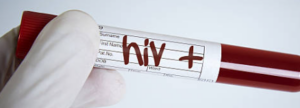HIV

What is HIV?
HIV (human immunodeficiency virus) is virus that attacks the body’s immune system. HIV can be managed and people can live long, healthy lives without spreading infection, but it is not curable.
How is it spread?
HCV is spread through anal or vaginal sex or by sharing needles, syringes or other drug injection equipment. A pregnant woman can give the infection to her unborn baby.
Who is at risk for HIV?
- Sexual partners of anyone diagnosed with HIV who is not undetectable or who is not taking PrEP.
- Men who have sex with men.
- Anyone who has ever injected, snorted or inhaled an illegal drug.
- Anyone who has been in prison.
- Anyone not using a condom or incorrect usage.
- Anyone Black or Hispanic.
- Anyone with new or multiple partners.
- Anyone with a partner who has other partners.
- Anyone who infrequent tests for infections.
How can I lower my risk of getting HIV?
Everyone can lower risk of infection by avoiding behavior that spreads infection. 
- Always use a condom. Condoms used properly reduce but do not eliminate risk.
- Never share needles, syringes or other drug injection equipment.
- Use PrEP (pre-exposure prophylaxis).
- Maintain a monogamous relationship with someone who has been tested and does not have an infection or is undetectable.
- Reduce number of partners. Having multiple partners greatly increases risk of infection.
- Talk to your partner and healthcare provider about your sexual activity.
- Get tested regularly.
What are the symptoms of HIV?
 HIV usually causes flu-like symptoms within 2 to 4 weeks of exposure to the infection. Symptoms may last a few days to several weeks.
HIV usually causes flu-like symptoms within 2 to 4 weeks of exposure to the infection. Symptoms may last a few days to several weeks.
- Fever
- Night sweats
- Mouth ulcers
- Sore throat
- Swollen lymph nodes
- Fatigue
- Chills
- Rash
- Muscle aches
Some people have no symptoms at all so they don’t know they have it. This is why regular testing is so important.
What test is done to diagnose HIV?
HIV is diagnosed through a blood test. The sample is sent to a lab for results. When a Lexington-Fayette County Health Department clinic test results positive, the blood is sent to a second lab to confirm results. This process may take up to two weeks to receive finalized results.
Full STI testing (chlamydia, gonorrhea, herpes, syphilis, trichomoniasis, and HIV) is recommended for all people who are sexually active. Full testing is recommended with every new partner.
Partner testing and Pre-Exposure Prophylaxis (PrEP)
 All sexual partners or those who have shared drug equipment in the last 24 months of the person diagnosed with HIV should be tested. It is recommended that monogamous partners immediately begin taking pre-exposure prophylaxis (PrEP), a medicine that prevents getting the infection when taken correctly.
All sexual partners or those who have shared drug equipment in the last 24 months of the person diagnosed with HIV should be tested. It is recommended that monogamous partners immediately begin taking pre-exposure prophylaxis (PrEP), a medicine that prevents getting the infection when taken correctly.
Schedule an appointment at Lexington-Fayette County Health Department’s STI Clinic
Lexington-Fayette County Health Department operates a specialty STI Clinic that will test, diagnose and treat those exposed to or with current STIs.
What is the treatment?
 HIV can be managed with antiretroviral therapy or ART. Treatment should begin as soon as possible after being diagnosed. Lexington-Fayette County Health Department will provide a referral to a medical professional for treatment of HIV.
HIV can be managed with antiretroviral therapy or ART. Treatment should begin as soon as possible after being diagnosed. Lexington-Fayette County Health Department will provide a referral to a medical professional for treatment of HIV.
What happens if I don’t get treatment?
 Untreated HIV will progress to acute infection, chronic infection and finally to acquired immunodeficiency syndrome (AIDS). Without treatment people with AIDS typically survive about 3 years.
Untreated HIV will progress to acute infection, chronic infection and finally to acquired immunodeficiency syndrome (AIDS). Without treatment people with AIDS typically survive about 3 years.







